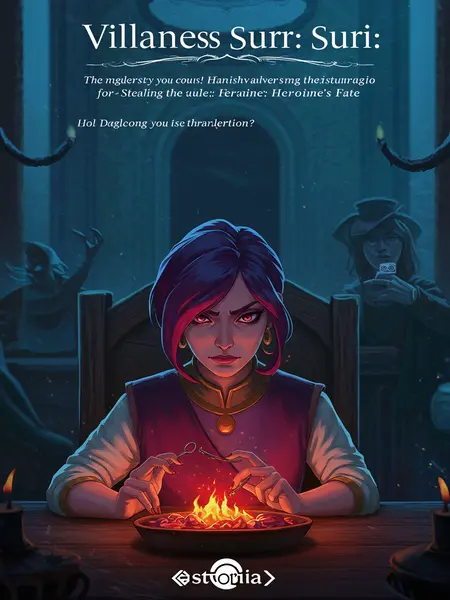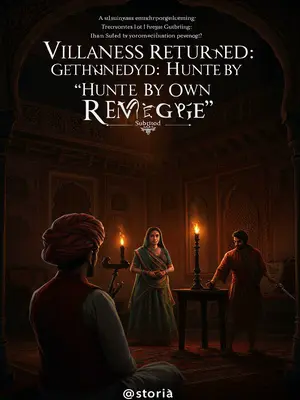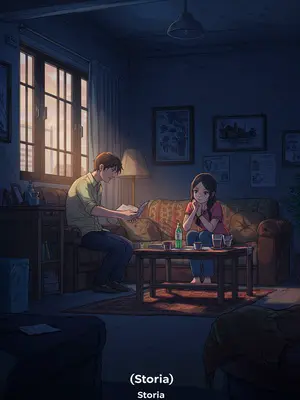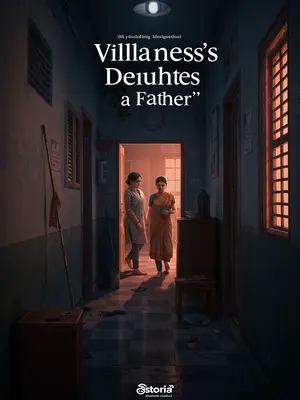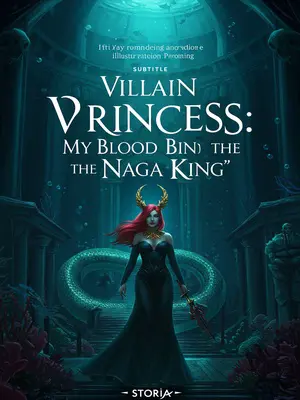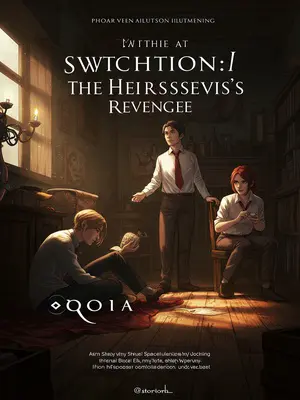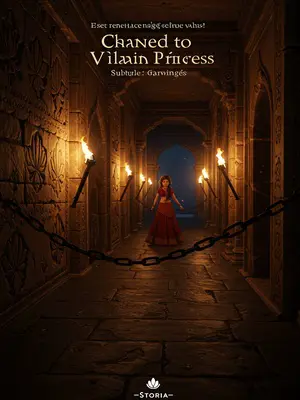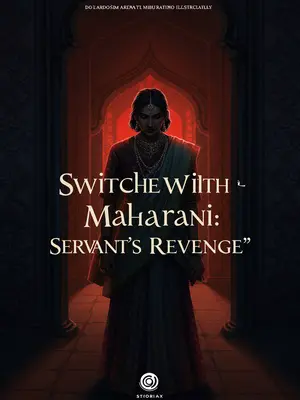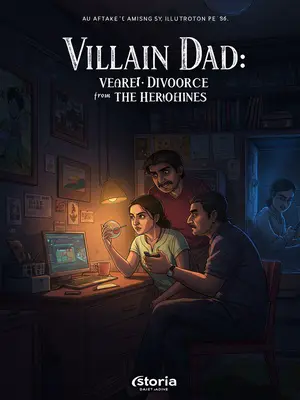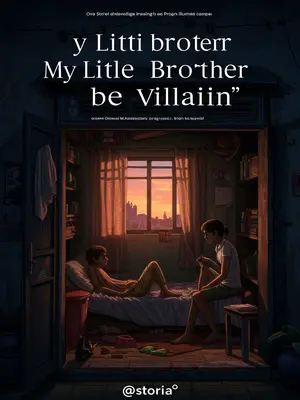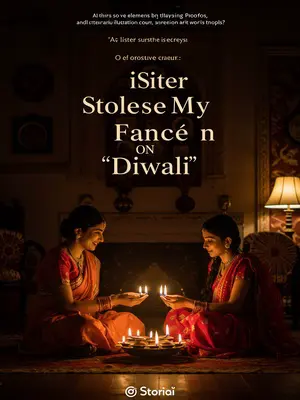Chapter 3: Consequences and the Real Heroine
Outside the auditorium, Old Ram Prasad, who’d been waiting, approached me.
The night was cool, with the distant sound of a chaiwala’s radio playing Lata Mangeshkar. Ram Prasad, loyal and ever-discreet, appeared from the shadows, his dhoti fluttering as he shuffled up, eyes wary and respectful.
“It’s done,” he lowered his voice, “Both the girl and the scooty went into the nala—she’s already in the hospital. Don’t worry, she’ll be bedridden for at least ten days to two weeks.”
I nodded, heart pounding. The words sounded so casual, but a shiver ran down my spine. In this world, things were handled quietly—no CCTV, just whispered instructions and loyal men who did what needed doing.
He handed me a delicately packed tiffin and reminded, “It’s about time. You should head to the boiler factory.”
The tiffin was still warm, wrapped in a faded gamcha. The familiar clink of steel containers soothed me. “Madam, don’t forget, the boss will ask for a report,” Ram Prasad added, eyes darting left and right. Even small gestures carried weight in our family.
The one who got hurt was none other than the novel’s heroine, Meera Sharma.
Meera, with her plaited hair and simple cotton suits, was now lying in a government hospital—thanks to my orders. I tried not to think of the guilt. This was just a plot beat, I told myself. But the heaviness in my chest wouldn’t go away.
After Arjun left the cultural troupe, he now worked as a boiler operator to make a living.
The mighty star of Lucknow’s stage, now sweating in a grimy factory. I pictured Arjun, hands blackened, dreams crushed. My own creation’s pain haunted me. Life, like a masala film, had its cruel twists.
His childhood friend, Meera, brought him lunch every day, rain or shine.
I remembered writing that scene: Meera dodging puddles, her dupatta clutched tight, the lunchbox wrapped in a newspaper. No matter the season—Lucknow’s burning loo or winter fog—she never missed a day. If only I could turn back time.
Watching them grow closer by the day, as the so-called vicious supporting character, how could I just sit back?
That feeling—the dread of being sidelined—gnawed at me. I’d watched enough Hindi serials to know, supporting characters don’t get happy endings. Either I intervened, or it was game over for Neha Suri.
No matter what, I have to stir things up, wedge myself in between. I’m not about to let my family be ruined.
Family izzat was everything. Suri naam ki kasam, I would do whatever it took. If that meant twisting fate, so be it. Better to be called cunning than to be forgotten.
